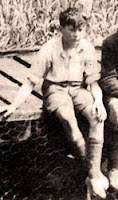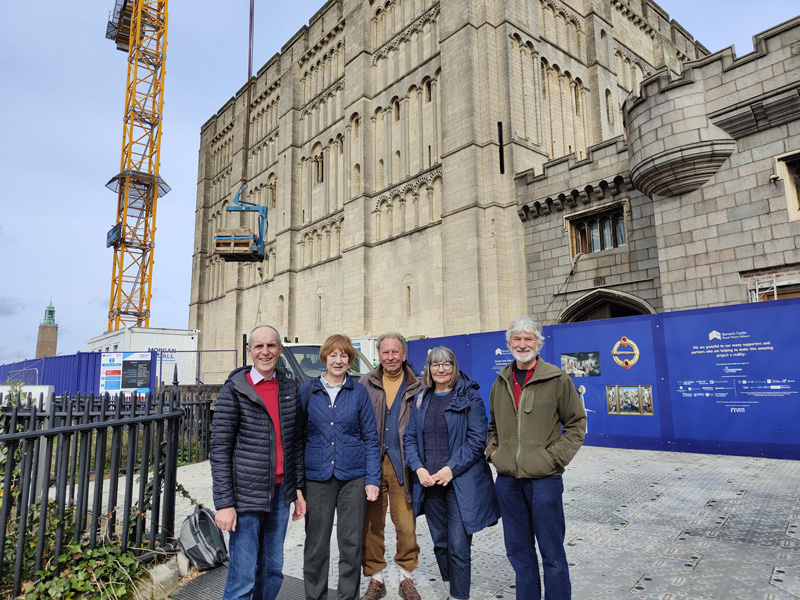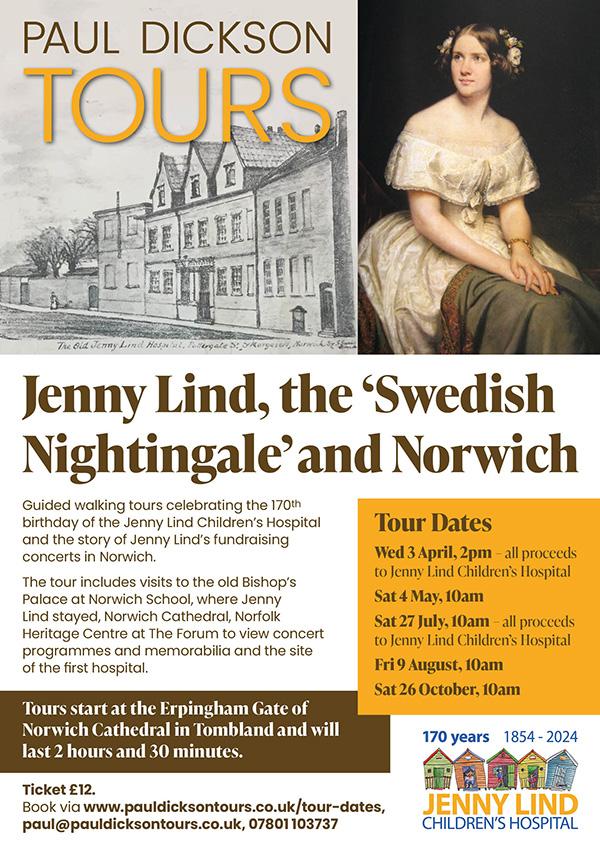Nowadays the media seems to be putting more and more emphasis on the last war with repeats of old films, newsreels and documentaries. Is that a fact or is it simply that it appears to be so because we are all getting older and fewer people can remember it!
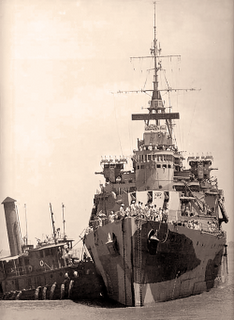 Even when we were in our cot we are able to remember things but at that time it is unlikely we had the choice of what to think about that we have when we get older. Of course, the major upsets that occur throughout our life are never forgotten but fortunately we usually find the more pleasant experiences easier to recall. Thinking back to school summer holidays for instance, it seems that practically all the days that come to mind were warm and sunny.
Even when we were in our cot we are able to remember things but at that time it is unlikely we had the choice of what to think about that we have when we get older. Of course, the major upsets that occur throughout our life are never forgotten but fortunately we usually find the more pleasant experiences easier to recall. Thinking back to school summer holidays for instance, it seems that practically all the days that come to mind were warm and sunny.
Everyone has memories and as we grow older we get more and more of them stored away to call on. Listening to someone else relating a past occurrence can often jog your memory and cause all kinds of incidents you thought you had forgotten about to come flooding back.
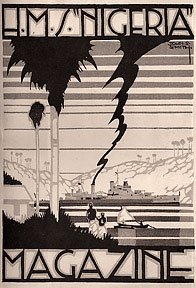 Have you ever wondered why some of the things you desperately want to remember refuse to stick in your brain while others you have little or no interest in are always on call? Are each of our brains so different or is it the way we use them in our early years that determines how much we are able to ‘bring back to mind’? Why do some pupils find Mathematics easy to grasp and yet can rarely recall a date in History and have difficulty with Grammar and Spelling
Have you ever wondered why some of the things you desperately want to remember refuse to stick in your brain while others you have little or no interest in are always on call? Are each of our brains so different or is it the way we use them in our early years that determines how much we are able to ‘bring back to mind’? Why do some pupils find Mathematics easy to grasp and yet can rarely recall a date in History and have difficulty with Grammar and Spelling
We have no way of knowing what very young babies think but initially it is most likely to be linked in some way to the needs of their stomach. Many old people can recall incidents from their early childhood right up to present day. However, there are those less fortunate who have poor memories from the outset and others who lose all or part of it at sometime during their life.
Did You Know? The first schools concentrated on teaching the three ‘R’s which was all the majority of youngsters needed. They started work at an early age and the majority were destined to do a job that was manual. Even so, there were things that had to be remembered and worked out as they progressed to become skilled in what they did. As time passed, that early teaching was looked on as a foundation which they could build if they were lucky enough to get a scholarship and go on to further education at a Grammar School. Those that did, found themselves competing with pupils from private Preparatory Schools who were there for any of the better off whose parents could afford the fees. Those youngsters were assured of a place among the ninety-five percent who paid to attend the Grammar Schools.
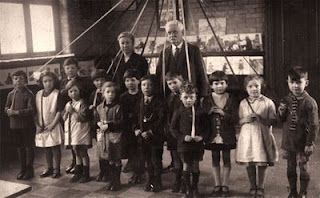 So, as they developed to adulthood, what was there for them to think about when they came home after a long hard days work? There was usually a meal on the table ready for them when they got in and this was when some were given duties to complete in and around the house before they did anything else. The younger ones passed the time as teenagers do with their friends. Enjoying various pastimes that were usually of their own making. Later, when they were married, during or after their meal, they would talk about family affairs before setting about tasks that needed attention.
So, as they developed to adulthood, what was there for them to think about when they came home after a long hard days work? There was usually a meal on the table ready for them when they got in and this was when some were given duties to complete in and around the house before they did anything else. The younger ones passed the time as teenagers do with their friends. Enjoying various pastimes that were usually of their own making. Later, when they were married, during or after their meal, they would talk about family affairs before setting about tasks that needed attention.
Light fine evenings might be spent on the allotment and of course, if there was a shilling to spare there was always someone to talk to down the pub. But what did they think about? Did they reminisce and indulge in what their parents referred to as ‘Day Dreaming’? For most, life was and always had been simple. Any worries were basic and concerned food, clothing or the rent.
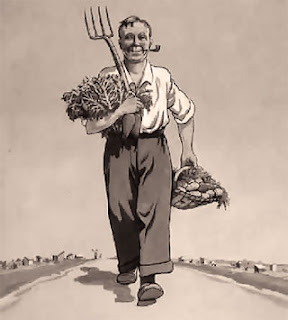 On cold winters nights, when they huddled round the fire that was sometimes the only light in the room so it was just as well they didn’t read very much. They must have soon run out of topics for conversation. Those who had been involved in the wars must have spent hours reliving and going over and over their experiences in their minds. That was one time when bad memories would have certainly predominated over the better ones.
On cold winters nights, when they huddled round the fire that was sometimes the only light in the room so it was just as well they didn’t read very much. They must have soon run out of topics for conversation. Those who had been involved in the wars must have spent hours reliving and going over and over their experiences in their minds. That was one time when bad memories would have certainly predominated over the better ones.
Without the stimulation that is now available through communication and our ability to read, the average working man had little to think about outside day to day living and the confined world he lived in. How would he have coped with the hustle and stress of today? Perhaps his brain would have been able to expand and accommodate all the extra knowledge he needed. Primitive peoples introduced into our Society seem to adapt quite quickly.
 In the past, it seems they had more time to think and reminisce but not very many memories stored to call on. Whereas today we have what seems like unlimited recollections but there is rarely a moment to relax and reflect on them. That is, until we become quite old and retired. Then we can look back on our life and the errors of our ways as we constantly ponder on ‘What If?’
In the past, it seems they had more time to think and reminisce but not very many memories stored to call on. Whereas today we have what seems like unlimited recollections but there is rarely a moment to relax and reflect on them. That is, until we become quite old and retired. Then we can look back on our life and the errors of our ways as we constantly ponder on ‘What If?’
It seems the capacity of our brain and memory might be unlimited. Or can it reach a stage where we have to forget something from the past to make room to store a new thought? If that is so, at what time in our life is our individual capacity determined and on what is it based? What a pity we can’t take control of our own minds, throw out the recollections we no longer want and preserve only those that please us!
If we had that authority, I wonder how it would change us and what kind of people would we be!??
valley lad – [SIXTYTHREE]
